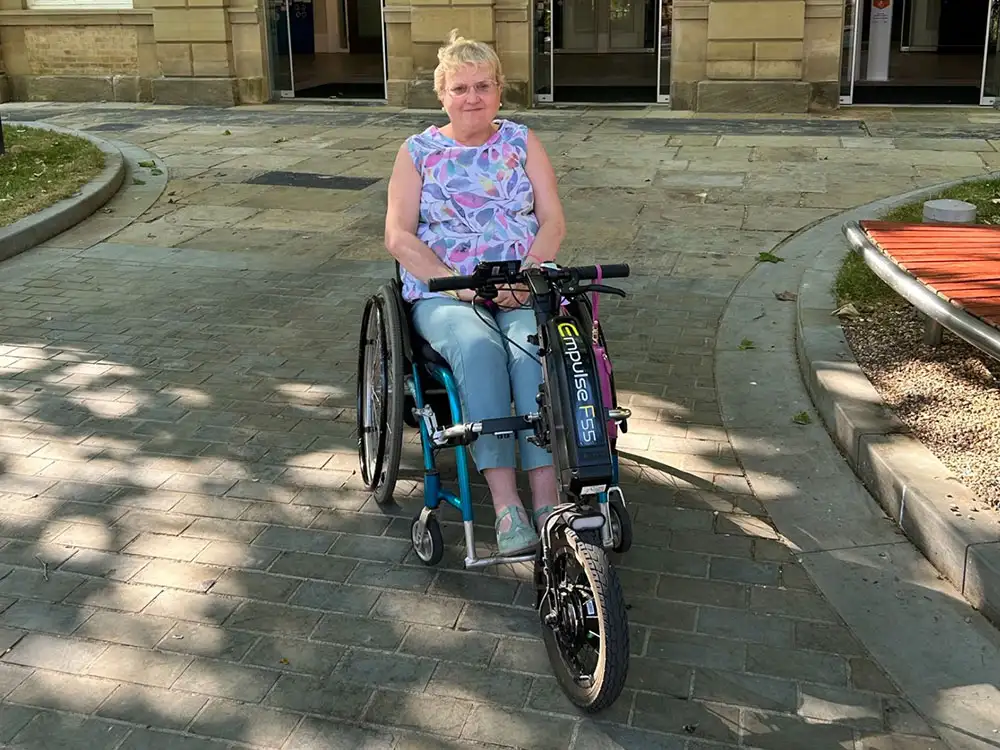Around a quarter of York children referred to local autism services for assessments were on waiting lists for more than a year, according to the latest official count.
City of York Council’s autism and ADHD needs assessment also showed there was an increase in monthly referrals of more than 50 per cent between 2021 and May last year.
Council figures also showed the number of children requiring support through Education, Health and Care Plans (ECHPs) rose from 1,317 in June 2024 to 1,693 as of July this year.
A council report stated families continued to report challenges with navigating the SEND system while the cost of EHCPs and out-of-city placements places financial pressure on local authorities.
It follows the council’s unveiling of a draft strategy setting out support for people with autism and ADHD in York to 2030, which is open for consultation.
The strategy, called A City That Works For All, comes amid significant gaps in diagnosis, long waiting lists and people being affected by multiple mental health conditions, the council stated.
It aims to tackle stigma around neurodiversity and improve public awareness, reduce waiting times and increase access to assessments and ensure services meet the needs of those who need them.
A council report stated that there was an ongoing SEND crisis nationally despite substantial amounts of investment in the system, leaving families frustrated and let down.
Government proposals to reform the SEND system nationally are also set to be unveiled in the autumn after receiving £760 million in funding over two years in the Spending Review.

The reforms aim to save councils money by moving the majority of children with EHCPs into SEND units in mainstream schools.
The plans, which legally require councils and schools to provide specialist support for individual children, will likely be reserved for the most complex cases according to media reports.
Ministers have said reforms will aim to provide better support for children but they have refused to rule out scrapping the current ECHP system following concerns from families and campaigners.
York-based disability rights campaigner Flick Williams told councillors last Wednesday (9 July) she feared that the Government’s agenda could affect the council’s plans for its strategy.
The activist said: “The narrative is being created that there are too many children who require support so ways must be found to ration it.
“By reducing eligibility for EHCPs the need doesn’t disappear, but help and support does.
“The Government is creating a narrative of the deserving and undeserving rather than addressing the underlying causes, we’re being thrown into the arena of competing with each other for scarce resources as a result of political choices.”
Cllr Lucy Steels-Walshaw, ruling Labour’s health spokesperson for York Council, said the consultation on their strategy would ask for support in creating a city where neurodivergent people could thrive.
The executive member for health said: “It’s absolutely vital that services meet everyone’s needs, including the approximately one in seven neurodiverse people living in our city.”
Michael Ash-McMahon, of the NHS Humber and North Yorkshire Integrated Care Board (ICB) which is working with the council on the strategy, said it was a welcome step.
The interim place lead said: “The ICB and council are eager to hear what people think of the strategy to ensure the voice of our population is heard and fully understood, before a final version is published later in the year.”
Ayesha, a neurodivergent student mentor living in York, said the strategy was vital for making a fairer and more equal society.
The council’s consultation runs until Monday, August 11 and the SEND survey closes on Sunday, September 7. Find out more here.
